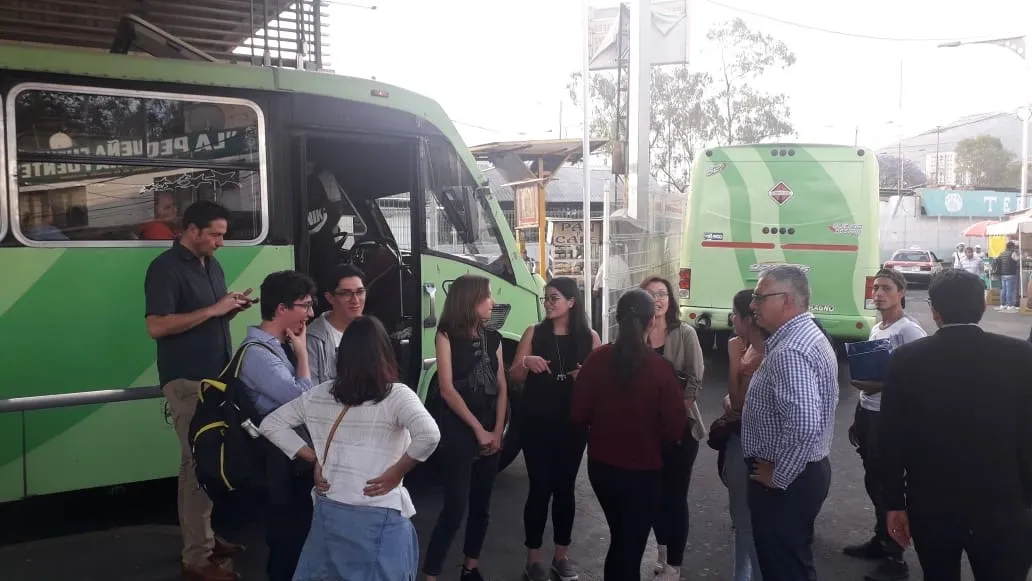Mexico's transport and communications ministry (SCT) has launched a tender for construction of the Mexico City-Toluca passenger rail line.
The project will be divided into a series of separate tenders, with the first open to Mexican companies only. The tender launched on 28 February is a public works contract for construction of the first 36km of railway. Subsequent tenders will relate to the acquisition of rolling stock and electromechanical works.
The electric trains will travel at speeds of up to 1
March 5, 2014
Read time: 1 min
Mexico's transport and communications ministry (SCT) has launched a tender for construction of the Mexico City-Toluca passenger rail line.
The project will be divided into a series of separate tenders, with the first open to Mexican companies only. The tender launched on 28 February is a public works contract for construction of the first 36km of railway. Subsequent tenders will relate to the acquisition of rolling stock and electromechanical works.
The electric trains will travel at speeds of up to 160km/h along the 57.7 kilometre route which will have four stations and two main terminals. The journey will take 39 minutes and is expected to transport 270,000 passengers a day.
A site visit will be held on March 19 and bids must be submitted for the first tender by May 18. That tender will be awarded on June 10.
Pre-operation testing is expected to start in the fourth quarter of 2017.
The project will be divided into a series of separate tenders, with the first open to Mexican companies only. The tender launched on 28 February is a public works contract for construction of the first 36km of railway. Subsequent tenders will relate to the acquisition of rolling stock and electromechanical works.
The electric trains will travel at speeds of up to 160km/h along the 57.7 kilometre route which will have four stations and two main terminals. The journey will take 39 minutes and is expected to transport 270,000 passengers a day.
A site visit will be held on March 19 and bids must be submitted for the first tender by May 18. That tender will be awarded on June 10.
Pre-operation testing is expected to start in the fourth quarter of 2017.










